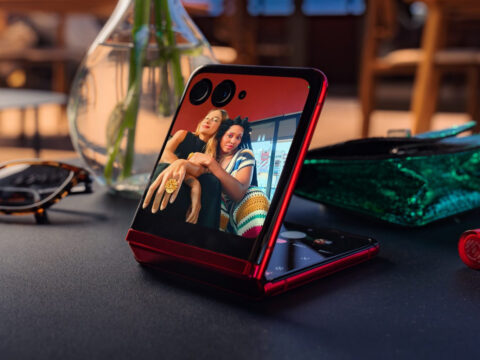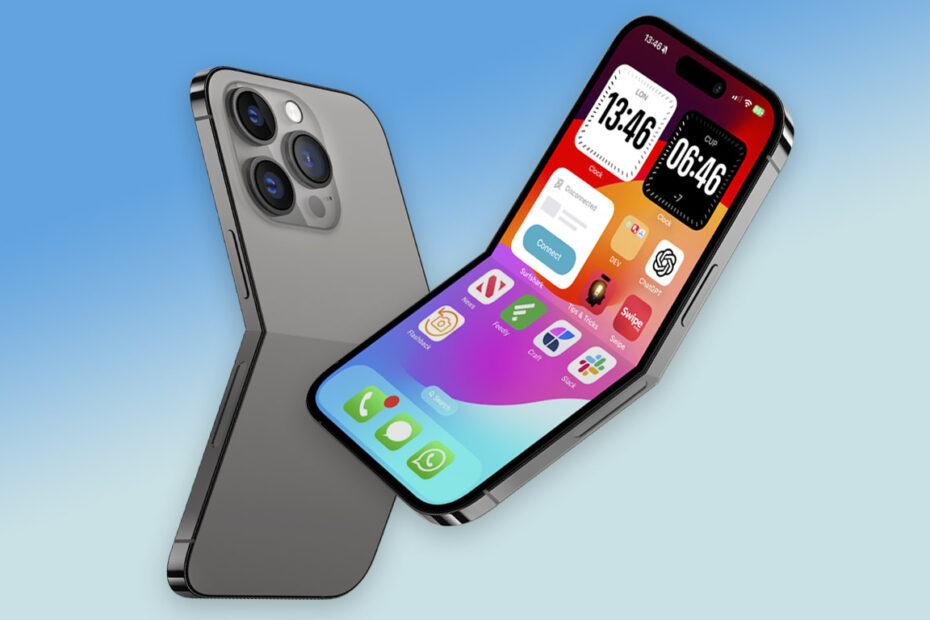Apple won’t flip the script and start selling an Apple foldable any time soon – and that’s OK
Rumors persist about a foldable iPhone – the ‘iPhone Flip’ – and a foldable iPad too. We get why. Foldables are seen as the cutting-edge of mobile devices – and they have inherent advantages.
Foldable devices are pocketable. Modern flip phones often have additional screens, so you can spot notifications without opening them and becoming distracted. Some phones open up like a book to offer tablet-size workspaces, enabling multiple apps to be used simultaneously. And when you’re done, there’s that satisfying feeling of snapping a phone shut, like you might once have enjoyed with an old-school flip-top cellphone.

The modern Razr echoes the classic 2004 design, but adds a screen to the cover.
Back to today, though. And we’re not fussed that the Apple rumor mill now claims all such devices are ‘delayed’ (even though Apple never announced them nor any release date) until 2025 or beyond. Why? Because of these reasons.
Durability: Foldables are delicate and prone to damage. Their displays are more susceptible to harm compared to traditional smartphones. Plus, it’s alarmingly easy to trap debris between the screens when snapping them shut.
Screen creases: No amount of magic can make a fold disappear – although rumors suggest Apple is trying hard to achieve just that. But if you’ve ever been irked by a tiny scratch on a screen, imagine dealing with a permanent crease you can see and feel.
Battery life: Foldable gadgets tend to have more screen area than standard smartphones. They demand beefier chipsets for optimal performance, which translates to compromised battery life or thicker, heavier phones to accommodate larger batteries.

The OnePlus Open is bulky, but when opened is akin to using a tablet.
Apps: Developers would need time to adapt their apps to these new devices, further stretching resources already under strain supporting Apple’s increasingly expansive range of products. It’s uncertain how many would invest the effort. Older apps might never be updated. And even apps that were might not function flawlessly, given that not all developers would have access to actual hardware.
Cost: iPhones are expensive enough already. But a foldable iPhone would make even the iPhone Pro Max seem like a bargain by comparison. We’re not sure anyone’s ready for a $2000+ iPhone.

